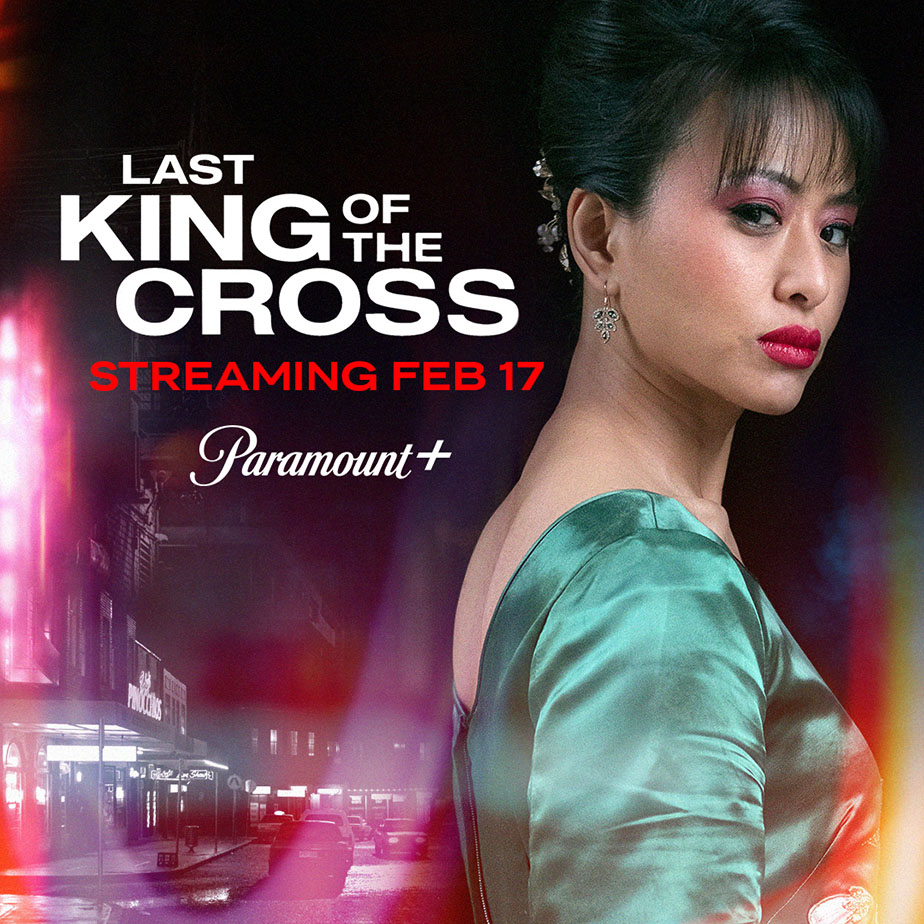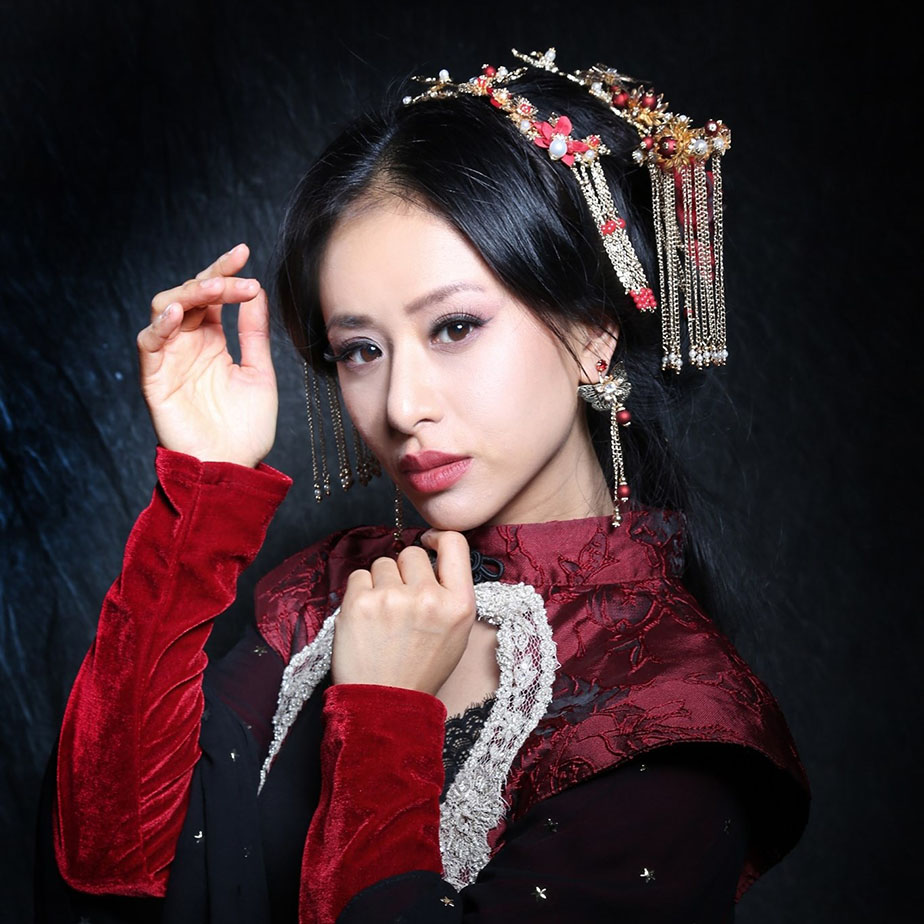
Maria Tran is an award-winning US-based, Vietnamese-Australian actor, filmmaker, and martial artist working across film & TV, stage & performance, and fight action choreography. She is the founder of female-led Phoenix Eye Films (In the US and Australia).
Her international film credits include “Fist of the Dragon,” “Death Mist,” and “Tracer/Truy Sat.” In 2013, she won the Breakout Female Performer award at the International Action on Film Festival, and in 2016, she was awarded Female Action Performer of the Year at MartialCon. She is also the director and producer of “Hit Girls,” a female-led action comedy. In Australia, she has appeared on several TV shows, including “My Place,” “Maximum Choppage,” “Street Smart” and “Fat Pizza.”
Maria has also worked as a stunt performer in movies such as Jackie Chan’s “Bleeding Steel” and “MEG” in New Zealand. In 2022, five months after moving to the United States, she landed her breakthrough role as Madame Tien on the 10-episode crime drama Paramount series “Last King of the Cross” starring Tim Roth.
Maria has also been involved in stage productions, including as a fight director and performer for Bell Shakespeare’s “Macbeth” and her own theater production “Action Star,” which premiered at the OzAsia Festival in Adelaide in 2022. She has received the prestigious $50,000 Create NSW Western Sydney Arts Fellowship award and established Phoenix Eye Films, a female-led film and art collective based in Western Sydney.
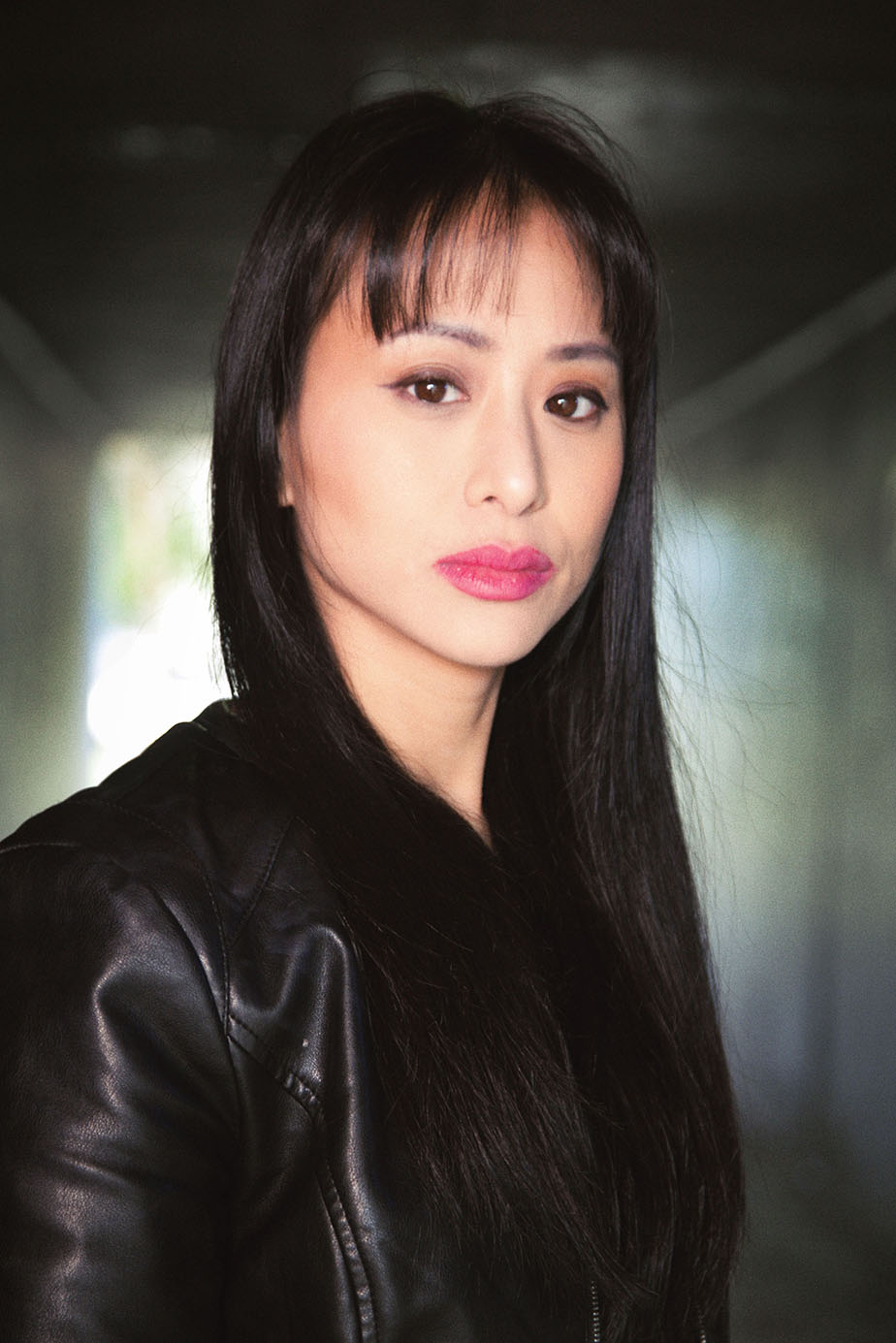
Maria is also known for her documentary filmmaking work, including “Once Upon a Time in Cabramatta” and “My Mother, The Action Star,” which won the award for Best Film at the WIFT-V Fest Film Festival. Occasionally, she works as an action fight director for films such as “Ayotti” and “Terror Zone.” Her feature action thriller ‘Echo 8’; Australia’s first female-led action movie, has currently won several awards, including the Tokyo Film Awards for Best Film, Winner for Best Feature Film – Women’s Film at the World Carnival-Singapore Film Festival and will be scheduled for a screening at the Art Gallery of NSW this year. Maria is a trailblazer known for her community, cultural, and development practices in the film, TV, and entertainment industry.
FilmCentral Magazine recently caught up with Maria to discuss her journey in the film industry, and here’s what went down:
Can you tell us more about yourself?
I’m a triple threat; an award-winning actor, producer, and director working across film & TV, stage & performance, & fight action choreography. I’m the founder of female-led Phoenix Eye Films (AUS & US) and co-facilitator of Acting for Mindfulness (AFM).
How did you get started in the entertainment industry?
I started on an independent Kung Fu comedy titled “Maximum Choppage” around 20 years ago while studying for a Bachelor of Psychology. I would dabble in a range of creative arts projects that put me both in front and behind the camera, and my transition into my first job was as a Youth Digital Cultures Coordinator and Information & Cultural Exchange (ICE), where I led the development and implementation of screen cultures across Western Sydney’s culturally diverse.
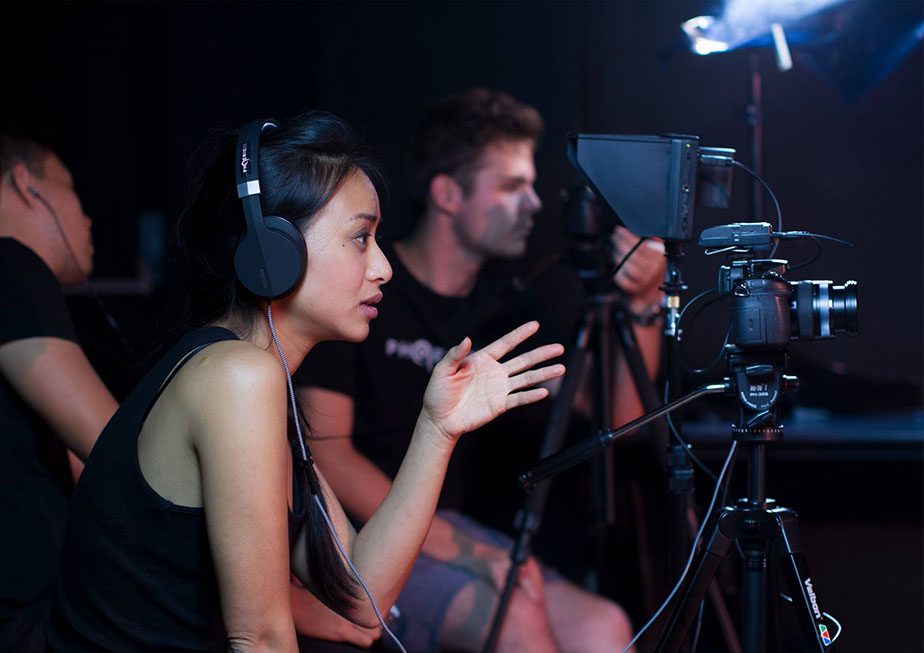
What do you like most about acting?
Acting is a tool of empowerment for the individual self as we strive to explore our body, voice, and imagination. I’m very fascinated by human psychology, the choices people from diverse walks of life make, and the opportunity to embark on the creative process of developing a character, bringing it to life on stage or screen and exploring new stories and worlds. It is also a form of self-expression, a way to communicate emotions, ideas, and perspectives to people around us. As an actor, I can bring joy and entertainment to others. On stage and screen, I love the challenge and reward of taking on new characters and taking them on a journey that impacts the audiences that view them.
How different is it to act in a movie and to act in a TV series? And which one do you prefer?
Both movies and TV series offer unique and rewarding experiences for actors. The choice between the two depends on the project; the role offered, and the actor’s personal preferences and goals. Movies tend to have shorter and more intense shooting schedules that are more immersive, and I get a chance to really dive into their characters and the story. TV series, on the other hand, often have a more extended production schedule and a more serialized format. This allows for deeper character development and more opportunities for actors to explore different aspects of their characters over time.
What are your weak points when it comes to acting? How do you try to improve them?
My conventional trajectory as an actor originated in creating my independent films over the past 15 years. It has its benefits of wearing multiple hats of director, producer, fight action choreography, etc. however, when I transition into mainstream films and television, I tend to be hyperaware of the film production set. Sometimes I enjoy immersing myself and appreciating the other roles that make a film set seamless that I forget that I should only be fulfilling the role as a performer. Also, because I’ve had no formal training and am self-taught, I find it challenging to explain how I get into character, and other actors might find me professionally unrelatable. Ways that I’ve tried to improve this to reverse engineer the field of acting practices, study different techniques, and merge acting into psychology, philosophy, and neuroscience. Ultimately, the key to improving as an actor is a combination of hard work, dedication, and a willingness to learn and grow continuously. Actors who are open to feedback, willing to take risks, and committed to their craft often make the greatest progress and achieve the most success.
What are your strong points as an actor?
Authenticity, depth, and nuance to performances and creating a connection with the audience. I thrive on connecting with my characters on a deep emotional level. Years of training in martial arts and movement have allowed me the physicality, being able to use my body to bring the characters to life. Having a vivid imagination and strong collaboration skills is, perhaps, my biggest asset as an actor. I don’t believe in minor roles. Every role an actor breathes life into is a chance for audiences to be moved by something new.
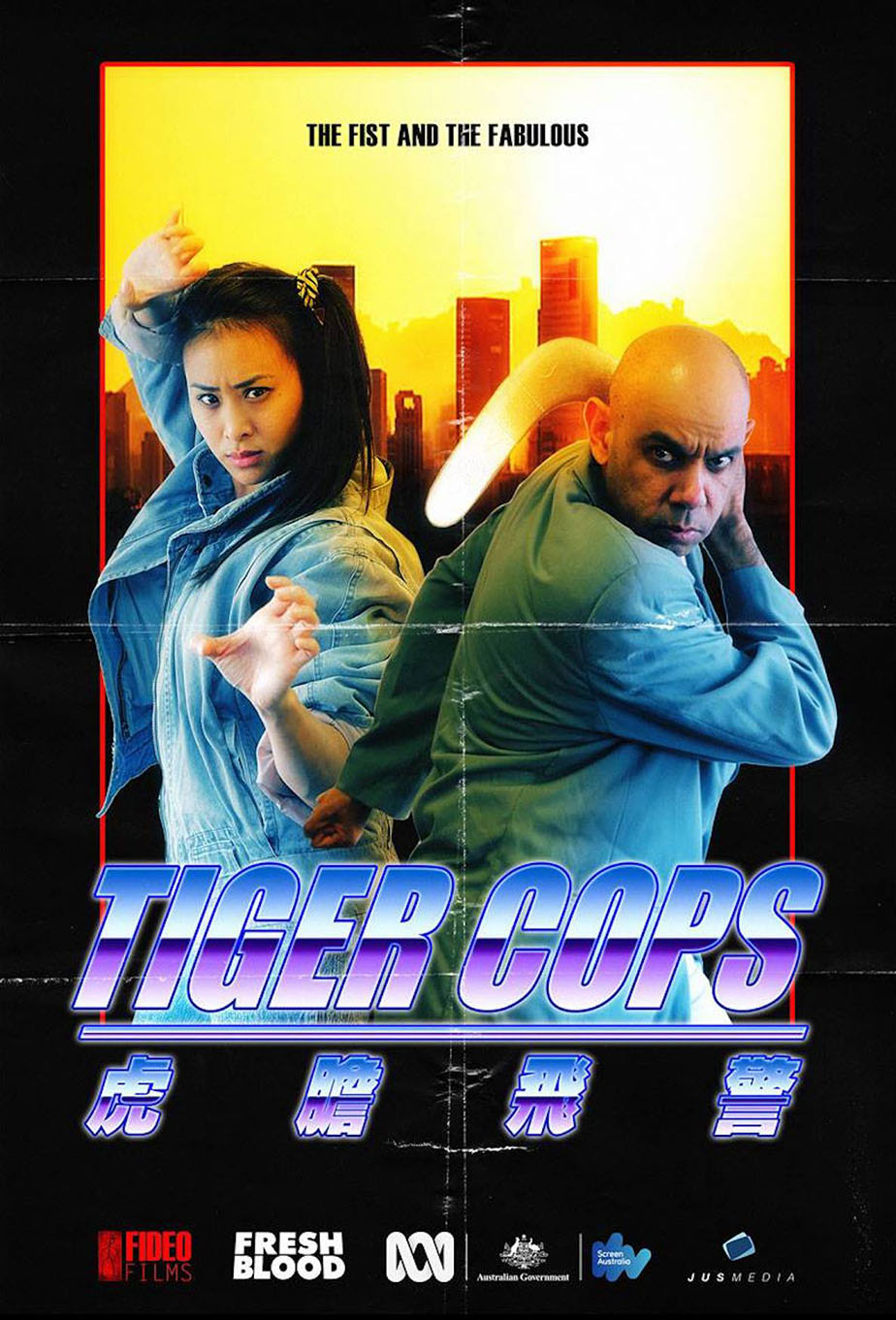
What have you learned from the directors that you have worked with throughout your career?
I’ve worked with many amazing directors, including Antony Szeto (‘Fist of the Dragon,’ ‘Death Mist’), Jane Eakin (‘Street Smart’), Karen Therese (‘Action Star’), Kieran Darcy Smith (‘Last King of the Cross’), Adrian Castro (‘Tiger Cops’) and I have also turned into one myself, and I’ve learned that they have varied styles, but all have a clear vision. They know how and what scenes look, sound, and feel. I’ve learned to be able to interpret this for my own performances. Directors offer character insight, motivations, and relationships with other characters. technical aspects of filmmaking, such as lighting, sound, camera angles, and editing. Directing is a collaborative process, and directors work closely with actors, writers, and other members of the production team to bring their vision to life
What are some of the difficulties of the acting business?
Many actors compete for a limited number of roles, and the competition can be intense. Actors may face a lot of rejection before finding success. Actors need to have thick skin and handle disappointment and setbacks. You may also face stereotypes and typecast based on your looks, accent, or previous roles. Internal challenges include facing insecurities and self-doubt, as the craft is a personal and vulnerable process. In addition, acting is a volatile and unpredictable career with the instability of constantly moving from one project to another, which can be frustrating to someone who can’t handle the constant change.
What’s challenging about bringing a script to life?
The production process can take anywhere from a few months to a year or more for a small, low-budget film. This can include pre-production activities such as writing the script, securing funding, casting actors, and scouting locations, as well as production activities such as filming and post-production activities such as editing and sound design. Making an independent film is often a long and challenging process that requires patience, persistence, and a deep passion for filmmaking.
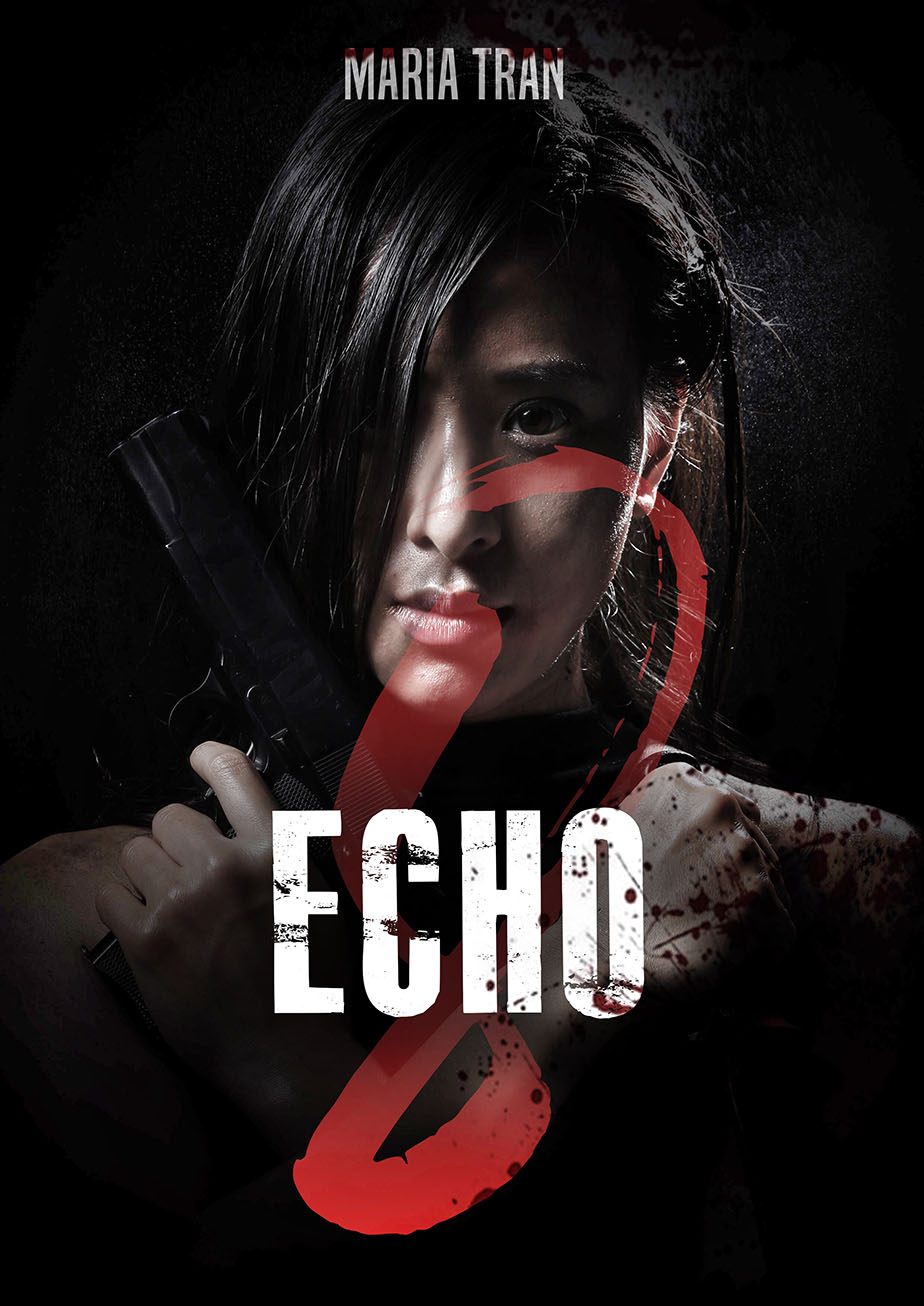
What do you do when you’re not filming?
I stay relatively busy maintaining my creative skills such as self-study, networking, self-care, getting involved in other people’s projects, and travelling between my two residencies, Australia and the United States. Going on road trips with my husband/ creative partner is something I look forward to in my downtime and spending time with my family.
What has been the most memorable experience of your career so far?
I’ve had an incredible unconventional journey so far as a performer and filmmaker. I’ve been able to work with the impressive Jackie Chan on “Bleeding Steel” and can world premiere my theatre production “Action Star” at the OzAsia Festival. A defining moment is completing Australia’s first female-led independent action movie, “Echo 8,” on such a tight budget. And now, moving to the United States and landing a major role in the upcoming series “Last King of the Cross” has been an enormous accomplishment.
Who have been the most interesting people you’ve met so far?
Jackie Chan, Nancy Valentine Smith, and Tim Roth.
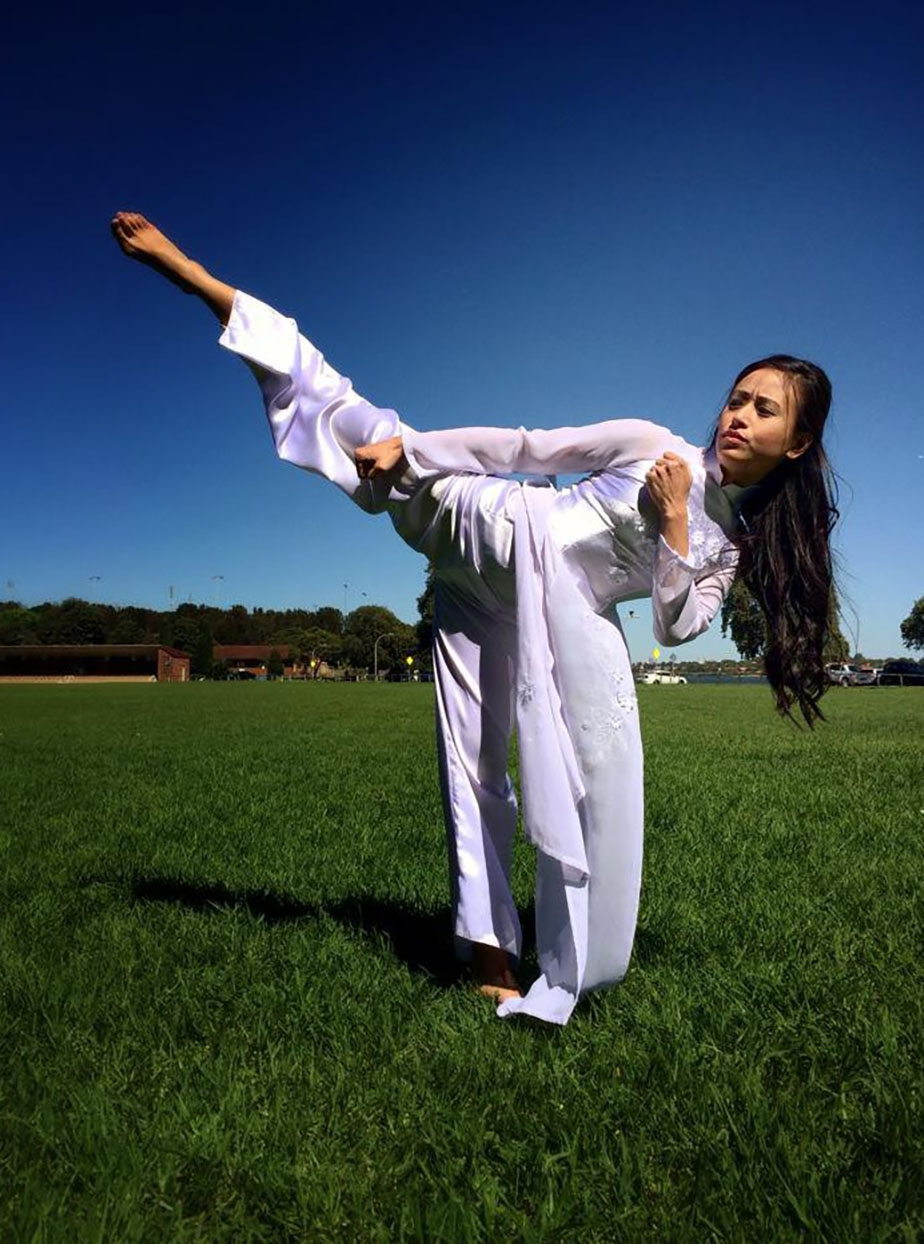
What are your future plans? Inside your career or out of it.
I see the rest of my career trajectory as becoming the next generation of low-budget independent filmmaker ‘slashies’ that will garner the attention of the mainstream. Eventually, I’ll be able to sustain myself in the industry through the creative endeavours I choose. Since the release of ‘Echo 8’ and its positive reception, I’m currently working with screenwriter Elizabeth H. Vu in penning together the next two movie cinematic universe installments of ‘ Echo 8 Beyond’ and ‘Five By Five’ to be shot back-to-back in 2025. I aim to build a strong reputation around this, the female action forte that will make me and my film colleagues stand out internationally. I also hope to diversify my range of projects in different genres and styles to showcase my versatility, collaborate with filmmakers in the United States, build networks, gain new skills and experiences, and adapt to new technologies and market trends.
